Our role as mentors sets us up in the perfect position to empower our youth to make healthy decisions and to connect them with resources during times of need.
Decreasing substance use
Our goal is to equip ourselves and our youth with tools to navigate difficult decision making. We can better engage when we are more connected and comfortable having these conversations about substance use.
Supporting our youth’s behavioral health is best achieved when we break down these barriers. This can be difficult, especially when we don’t know where to begin! Matto Foundation aims to be a resource, and a safe place to start.
It starts with us
We have this wonderful opportunity to set the stage for our youth on the ground floor. Connectedness starts with us, and that’s where we have the most control.
Expert resources for starting conversations:
ParentsLead: ParentsLead offers places to start for a range of age groups, from toddlers to young adults. We can engage in prevention at any age.
Keep Connected: Keep Connected provides vital information on relevant topics to help you strengthen your family relationships.
Embrace our community:
Our community is a vibrant environment, with a consistent range of events for all ages! Resources like Fargo Monthly’s calendar, Folkways community events, Downtown Community Partnership, and more host frequent community events.
Data-driven prevention: ND Department of Behavioral Health’s initiative, Lock. Monitor. Take Back, is an evidence-based prevention effort with the primary goal of reducing access to prescription drugs, especially opioids, by encouraging North Dakotans to be safe with their medications, including promoting North Dakota Take Back locations, and promoting ways communities can support this effort at the local level. Below are their tips:
Lock: Keep medication out of sight and in a safe and secure place.
Consider storing medications in a lock box or hide them in a discrete location in your home so they are not easy for others to find.
Keep a low profile. Your medicines are your business. There's no reason to tell people about the medicines you take.
Monitor: Keep track of medication and take only as directed.
Count how many pills you have at any given time to check for missing pills.
Never share your medications. If a family member or friend is injured, instead of "sharing" a pain reliever, make sure he or she sees a health care professional.
Take Back: Drop off unused medication at local Take Back locations. To find a location near you, visit ND Take Back Program Locations.
If a take-back program is not available, prescription drugs can be placed in an opaque container mixed with coffee grounds or kitty litter and thrown in the garbage.
Treatment Resources
Stop Overdose is an evidence-based overdose prevention effort focused on saving lives by raising awareness of the risk and signs of overdose, safe ways to respond, and best practices in prescribing, treatment, and recovery practices to those most impacted by this public health concern, such as family members and friends, prescribers, pharmacists, behavioral health professionals, and other professionals.
2-1-1 is a simple, easy to remember, free number that connects callers to information about health and human services. 2-1-1 callers in North Dakota and Clay County, Minnesota will be connected to FirstLink 2-1-1 Helpline, which provides confidential listening and support in addition to information and referral. Call specialists are also trained in crisis intervention, including suicide intervention.



